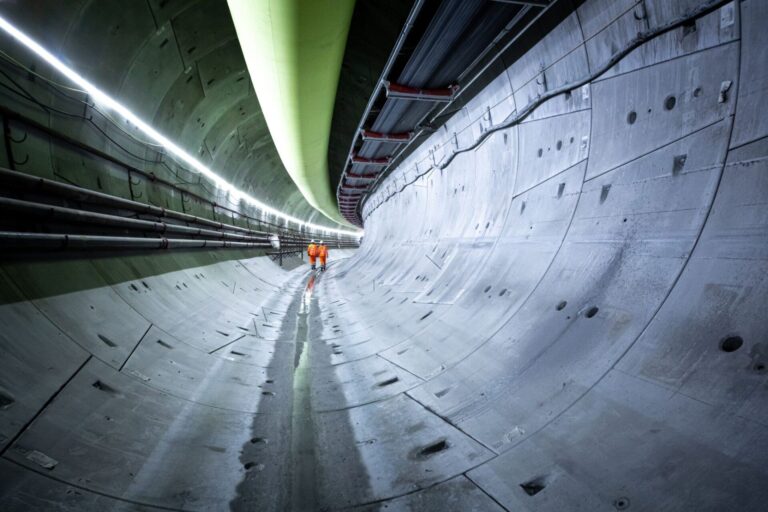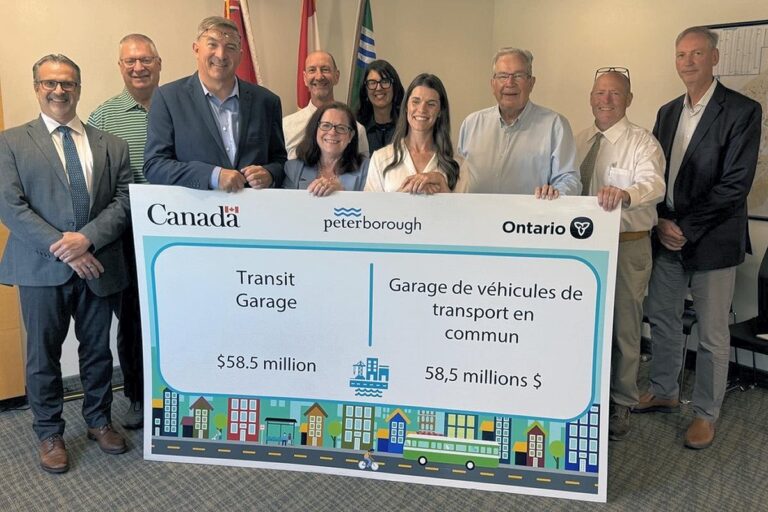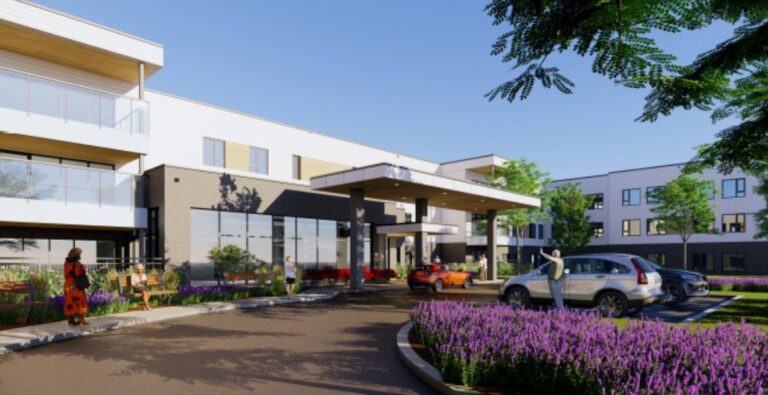The Canada Infrastructure Bank (CIB) announced its commitment to invest up to $50 million into Efficiency Capital’s (EC) $62.5M asset management platform for the purpose of developing, funding, and delivering private sector energy efficiency and low-carbon retrofits.
The CIB’s commitment to EC is part of its Commercial Building Retrofit Initiative (CBRI), which targets the reduction of building-related greenhouse gas (GHG) emissions in pursuit of Canada’s net-zero ambitions. Through a wholly-owned special purpose vehicle, EC will become a “Retrofit Aggregator” under the CBRI program, whereby CIB financing will cover up to 80 per cent of the capital costs on eligible projects with EC’s impact investors contributing the remaining capital as equity through EC’s platform.
“CIB is pleased to announce its investment commitment to Efficiency Capital, an organization we recognize for its innovative financing approach which enables building owners to execute on major energy efficiency retrofit projects without the need for any upfront, working capital deployment,” said Ehren Cory, CEO, Canada Infrastructure Bank. “Building retrofits create near-term job opportunities for Canadians, and the long-term impact of these projects leads to the development of more resilient, energy efficient infrastructure across Canada, ultimately reducing our GHG emissions and carbon footprint.”
Working with several pre-approved engineering partners and technology providers, EC is able to offer an array of fully-funded technical solutions – from LED lights, heat pumps and HVAC retrofits to onsite solar PV and energy storage – provided the projects achieve a minimum 30% GHG reductions.
“Canadian businesses and building owners are starting to make serious commitments to reduce their GHG emissions but often struggle with the allocation of sufficient capital to implement their projects at scale or across multiple sites,” says CEO Chandra Ramadurai. “EC brings specialized capital and diverse expert teams to deliver projects that otherwise would fail to meet the internal hurdle rates of our clients.”
Building retrofit projects will contribute greatly to Canada’s transition to a low-carbon future. With 17 per cent of GHG emissions generated by commercial, residential, and institutional buildings, this agreement demonstrates how private sector developers and funders can lead the charge towards a net-zero economy.
The CIB and EC are expected to reach financial close by fall 2022.
“This project is an example of how the Canada Infrastructure Bank is working with partners to build healthier communities. Retrofitting commercial buildings is and will continue to be an important tool to enable Canada to get to net-zero by 2050. It is good for our environment, good for our economy, and good for workers,” said Dominic LeBlanc, Minister of Intergovernmental Affairs, Infrastructure and Communities.
Featured image: Woodgreen Community Housing, Toronto. (Efficiency Capital)











